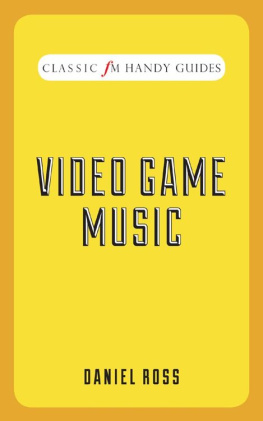A Composers Guide to Game Music
A Composers Guide to Game Music
Winifred Phillips
The MIT Press
Cambridge, Massachusetts
London, England
2014 Massachusetts Institute of Technology
All rights reserved. No part of this book may be reproduced in any form by any electronic or mechanical means (including photocopying, recording, or information storage and retrieval) without permission in writing from the publisher.
MIT Press books may be purchased at special quantity discounts for business or sales promotional use. For information, please email special_sales@mitpress.mit.edu.
This book was set in Stone Sans and Stone Serif by Toppan Best-set Premedia Limited. Printed and bound in the United States of America.
Library of Congress Cataloging-in-Publication Data
Phillips, Winifred.
A composers guide to game music / Winifred Phillips.
p. cm.
Includes bibliographical references and index.
ISBN 978-0-262-02664-2 (hardcover : alk. paper)
ISBN 978-0-262-32134-1 (retail e-book)
1. Video game musicInstruction and study. 2. Computer game musicInstruction and study. I. Title.
MT64.V5P45 2014
781.5'4dc23
2013016543
10 9 8 7 6 5 4 3 2 1
Contents
Acknowledgments
The author wishes to express gratitude to the following people:
Winnie Waldron, the award-winning music producer who served as first editor for this book.
Senior acquisitions editor Doug Sery of the MIT Press, whose faith and support helped make this book possible.
Brian Schmidt, for reading the manuscript and offering his wisdom and guidance.
Senior editorial assistant Virginia Crossman of the MIT Press, for her helpful feedback.
MIT Press associate editor Katie Helke Dokshina, catalog manager Susan Clark, and all of the editorial and marketing staff members of the MIT Press, for their invaluable support.
A special note of gratitude to Karen Collins, who paved the way for game music scholarship and set the standard for writing about game audio.
The members of the music press who continue to support game music by reviewing game soundtrack releases and interviewing game composers, thereby helping to spread awareness of the vibrant world of game music.
Finally, the author would like to thank the brilliant music supervisors, audio directors, producers, and sound designers with whom she has collaborated over the years, and from whom she has gained a wealth of knowledge and insight into the role of music in the video game experience.
Why Would You Want to Write Music for Games?
The first time I thought about writing music for games was during protracted gameplay with the original Tomb Raider. Taking a break from pursuing ancient Atlantean artifacts among the ruins of Egypt, Greece, and Peru, I decided to let the games star, Lara Croft, relax for a little while in her family manor. I had her swim a few laps in the pool. She went for a jog around the manicured estate. She hung out in the posh ballroom. Just for fun, I had her turn on her stereo, and some classically inspired music began to play.
This was the first time during my Tomb Raider experience that Id had the opportunity to give the games music my undivided attention. No need to solve puzzles or battle enemies here. I sat back, listened to the music for a while. Nice stuff, I thought. Then a persistent little idea began to niggle around in the back of my brain.
I could write music for games.
The forgotten PlayStation controller hung in my hand while that little thought kept getting bigger and bigger until it was shouting in my brain. I could write music for games!
If you are a musician/composer who is also a gamer, you may have already experienced a similar eureka moment. I remember mine like it was yesterday. Perhaps yours was yesterday. On the other hand, maybe youre a game composer with a few projects under your belt, and you can warmly recall your own eureka moment from the perspective of a blossoming career.
There is certainly a wealth of reasons why composers would be attracted to the field of video game composition, and not all of those reasons are motivated by the love of games. According to Reuters (Nayak and Baker 2012), video games were a $78 billion dollar industry in 2012. From all appearances, the video game industry has become an economic powerhouse. What better reason for a new wave of composers to turn their attention to games as a viable career path?
The career of a video game composer is incredibly exciting, but its also a very difficult career. The field of video game development is a highly technical one, and this extends fully into the arena of music creation. Video game composers are required to master an array of specialized skills that are thoroughly foreign to composers in every other segment of the entertainment industry. What does a television or film composer need to know about creating a satisfying linear loop, or a dynamic mix based on vertical layering, or a set of music chunks for horizontal re-sequencing, or compositional fragments for use within a generative system?
As video game composers, we are required to twist our thought process to encompass probabilities and variables that are unique to video game design. Our music must be written with principles of fluidity and rules of reaction and interaction embedded in its compositional framework. On top of this, our music must connect with a listeners consciousness in ways that bear little relation to the methods through which film and television music connects with its audience.
Yet even with all these technical considerations in mind, our first responsibility is to create strong music that enhances the overall experience for the game player and contributes to the artistic quality of the project. In this regard, our job is not unlike that of any other composer in the entertainment industry; we simply have more details to consider.
Dont be discouraged if some of the concepts I just mentioned sound daunting to you; they will all be discussed over the course of this text, from the perspective of a fellow composer with experiences to share. Imagine that we are navigating the maze of the video game profession together, making our way through the twists and turns of this vibrant, demanding, and immensely rewarding career. Through this maze, I hope to be your guide. My first video game project was music for the action adventure game God of War. Since then, Ive composed game music in a wide assortment of styles for many projects. Each of these projects was an incredible learning experience for me and over the course of this book, Ill be doing my best to pass on what Ive learned.
A Composers Guide to Game Music is an exploration of issues relating to artistic inspiration within the confines of a game composers profession. There are many excellent books that focus more directly on business and technical issues (youll find them in the Further Reading section at the end of this book). While I will not be neglecting these subjects, my goal is to inspire creativity while pondering some big questions that confront game composers every day. How do we protect our artistic identities while working in a highly technical field? How can we harness our imaginations to meet the music needs of todays cutting-edge games without our own musical spirit becoming consumed by the technical constraints of the medium? While I dont pretend to offer definitive answers to these questions, I think theyre certainly worth exploring.
Personality Assets of a Game Composer
As video game composers, we want to create great music. Thats our first impulse. Its the reason we got excited about being game composers in the first place. We find video games to be fantastically inspiring, and we feel certain that we can create our best music in the field of video games. Lets spend some time thinking together about what it means to be creative as a video game composer, starting with a general overview that touches on a number of subjects well be exploring in more depth later on.
Next page
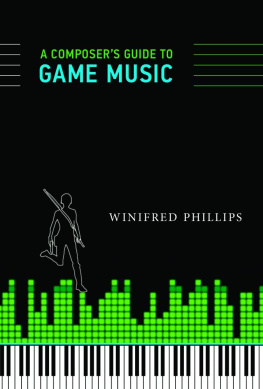
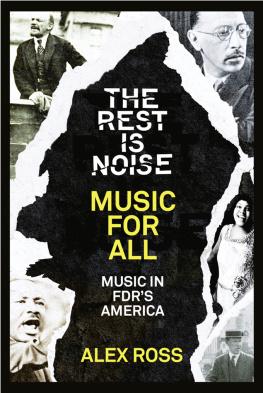
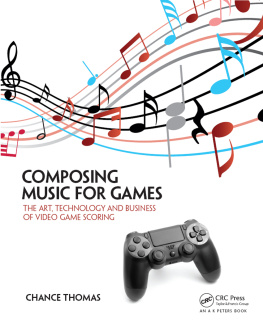
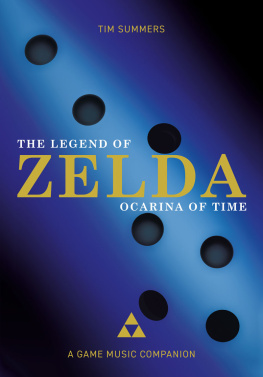


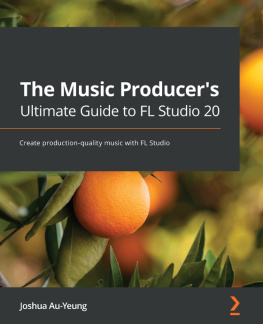
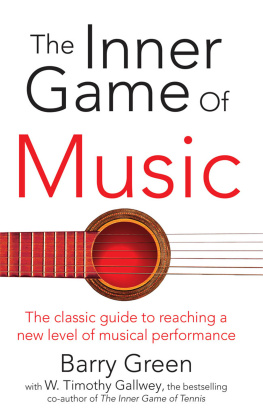
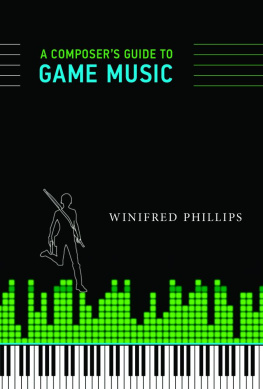
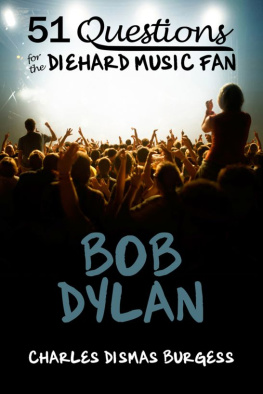
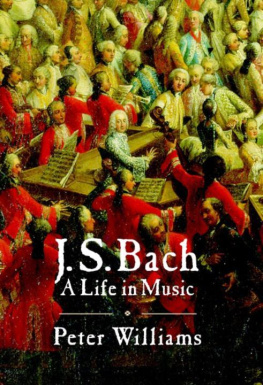
![Jesse Schell [Jesse Schell] - The Art of Game Design, 2nd Edition](/uploads/posts/book/119435/thumbs/jesse-schell-jesse-schell-the-art-of-game.jpg)
